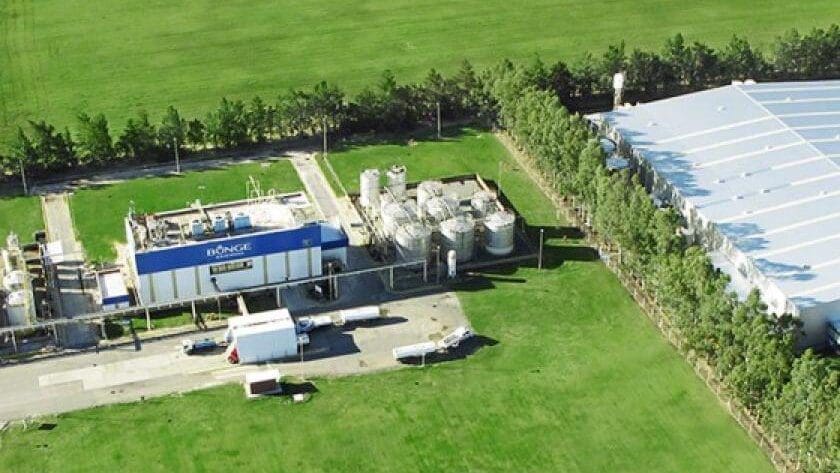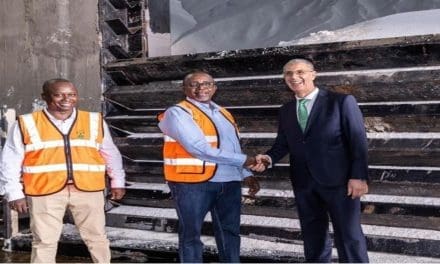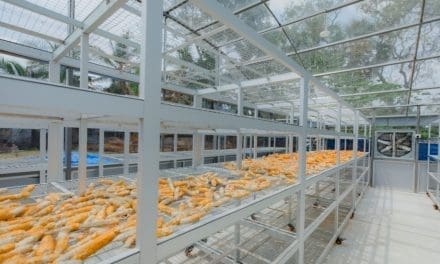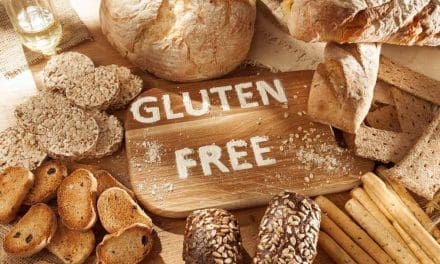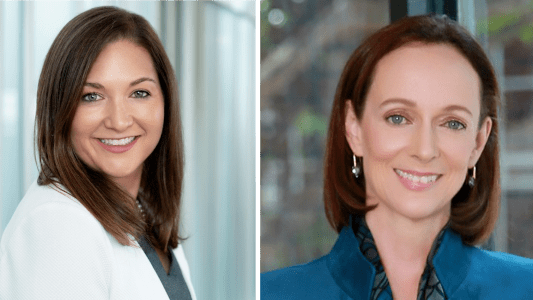BRAZIL- Bunge Ltd. will soon launch a regenerative agriculture program to support rural producers in Brazil in their transition to low-carbon agriculture, in line with its sustainability agenda.
Bunge, one of the largest commodity traders, will provide these rural producers with technical support, tools, products, and services as part of its global efforts to curb greenhouse gas (GHG) emissions.
Bunge prides itself on being a sustainability advocate, evident in its distribution of verified deforestation-free soy from South America and palm oil from Southeast Asia.
The company committed to ending deforestation and native vegetation conversion in its value chains in 2025, calling this an essential business practice critical to its climate action plans.
The soon-to-launch regenerative agriculture program will be free for farmers and promote increased productivity and cost reduction in farming.
It will employ concepts and cultivation practices to improve soil fertility and increase atmospheric CO2 storage in the earth.
The program will also promote biological diversity, improve soil water retention and infiltration, and more efficiently manage energy and agricultural inputs.
This program will take part in three stages, customized according to the characteristics of each property.
The first stage involves carrying out a diagnosis of the farm’s adherence to regenerative agriculture practice. This diagnosis is a baseline to determine how the other two stages play out.
The second step involves a customized action plan per each diagnosis, indicating regenerative practices that can be implemented or improved. This step will include the provision of technical assistance for the adoption of transition actions toward sustainable agriculture;
“We know that many regenerative practices are already applied on the properties, and our goal is to provide reliable and structured data so that the producer can assess the need to implement additional, corrective, or reinforcing measures,” said Pamela Moreira, South American sustainability manager for Bunge.
The last step is the commercialization of production, where Bunge will connect the adherent producers with the market that demands products of sustainable origin.
“We will support you on this journey of constant improvement and learning,” Pamela added.
Bunge finds Brazil to be an ideal place to implement the program, seeing that the country is a major and growing producer of corn, soybeans, and wheat for domestic and global markets and a home to nearly 215 million people.
In 2022-23, the Foreign Agricultural Service (FAS) of the US Department of Agriculture projects Brazil to harvest 125.5 million tonnes of corn, 153 million tonnes of soybeans, and 9.6 million tonnes of wheat from around 63.5 million hectares for crop production.
Bunge’s current program covers around 250,000 hectares of land in the Bahia, Maranhão, Mato Grosso, Paraná, Piauí, and Tocantins.
For all the latest grains industry news from Africa, the Middle East and the World, subscribe to our weekly NEWSLETTERS, follow us on LinkedIn and subscribe to our YouTube channel.


